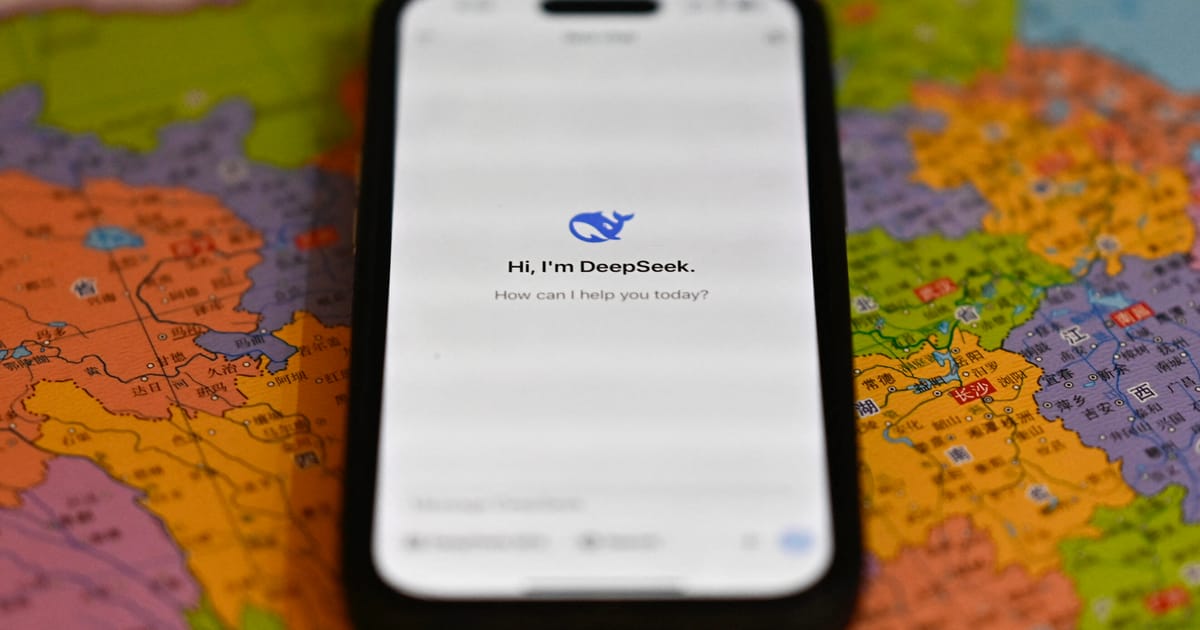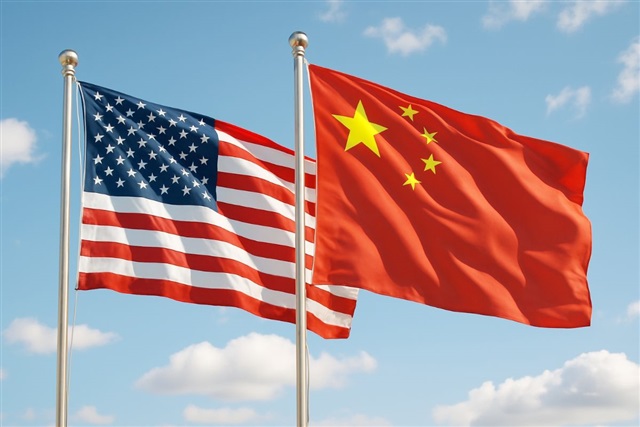The U.S. president last week unveiled a $500 billion project to build infrastructure needed to cement American AI dominance in the years to come — but the Chinese app’s showing could call into question the efficacy of the investment, as DeepSeek was able to achieve its results at a much lower cost.
“The release of DeepSeek should be a wake-up call for our industries that we need to be laser-focused on competing to win,” the president said, but added that the U.S. will remain a dominant player in the field.
“We always have the ideas. We’re always first. So I would say that’s a positive that could be very much a positive development. So instead of spending billions and billions, you’ll spend less, and you’ll come up with, hopefully, the same solution,” he remarked.
“If you could do it cheaper, if you could do it for less and get to the same end result. I think that’s a good thing for us,” Trump said.
According to DeepSeek, their R1 model matched and in some cases exceeded the performance of OpenAI’s cutting-edge o1 product in a number of performance benchmarks at a fraction of the cost.
Shortly after its release, the powerful new Chinese AI app shot to No. 1 in Apple’s App Store over the weekend, sending shares of American tech giants tumbling: It led to a 17 percent drop in the stock price of American chipmaker Nvidia on Monday, amounting to a loss of nearly $600 million — a record single-day loss for any company on Wall Street, according to CNBC.
The Chinese app’s rapid rise is not only an alarm for the American tech industry, but also another warning sign for Europe that the EU risks being left behind in the AI race between Washington and Beijing.
Although the European Commission has pledged €750 million to build and maintain AI-optimized supercomputers that startups can use to train their AI models, it’s hard to say whether they’ll be able to generate revenue to justify the EU’s initial investment, especially since it’s already a challenge for established AI companies.


